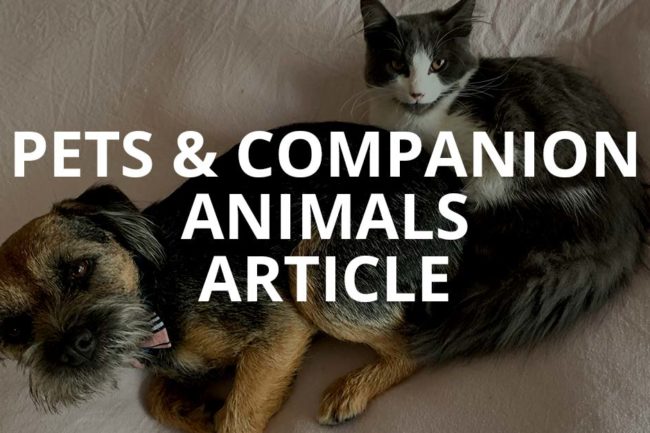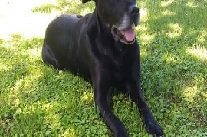When being cuddly is not cute…
Much like the human population, companion animals are becoming increasingly overweight. In New Zealand the statistics are alarmingly high and a significant proportion of the patients we see on a day to day basis are overweight. Why should we care and why not just embrace our fuller-bodied pets? A concept that has in the past…
Details











